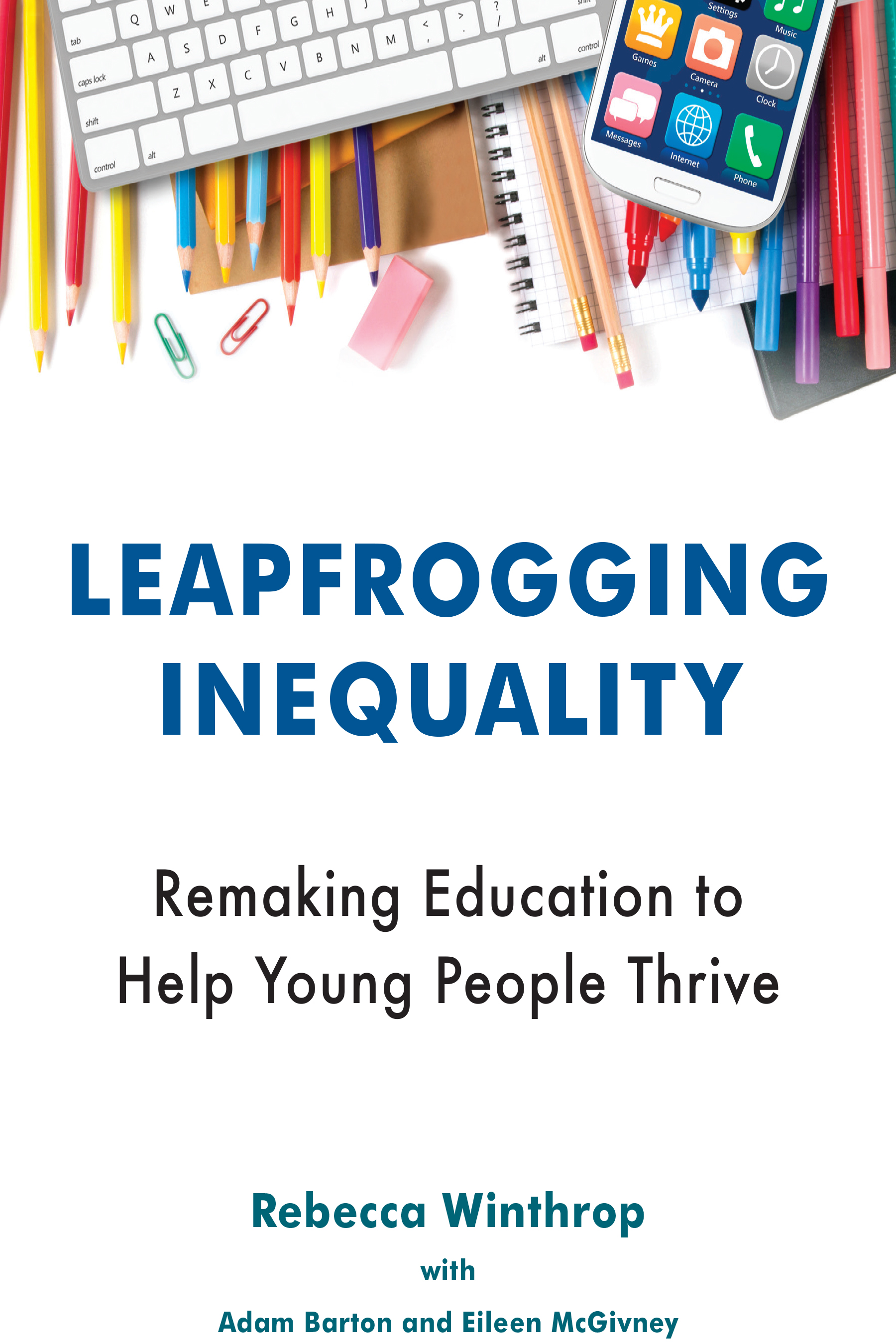
Working with the Formar Foundation, the Center for Universal Education is conducting research to understand the nature of corporate social investments directed toward education in a region of growing economic importance, Latin America. Last week, our research brought us to Argentina where we conducted interviews with companies, foundations and government education officials to better understand our new dataset mapping the investments of over 50 regional companies. Preliminary findings about the educational investments by the most influential companies in Latin America suggest:
- Unlike American-based companies, companies based in Latin America make long-term social investments in education.
- Similar to American firms, the contributions are made in isolation and not coordinated with any other donors or stakeholders, including governments, foundations and other companies.
But we did not have to look too far to find some promising examples going against the trend of working in isolation. We learned about several models that demonstrate working collaboratively with the private sector can be an effective means to take education interventions to scale. For example, Constanza Ortiz of Fundacion Bunge y Born, an Argentine foundation focusing on education, cultures, health and social science research, told us about how working with the provincial ministries of education and Bunge Argentina, a large agribusiness in the country, is improving the quality of education in rural schools. Together they are taking the Programa Sembrador to scale in rural Argentina, supporting 850 teachers and reaching 14,000 learners this year alone.
Telecom Argentina is working with Stanford University, in coordination with provincial ministries, NGOs and other companies, to pilot the use of mobile technology to promote learning in rural areas and with vulnerable populations. Based on the results of 10 pilots in primary and secondary schools, the company plans to build out partnerships to take successful mobile interventions to scale.
In a meeting with Fundacion Arcor, the foundation that carries out the philanthropic mission of a large consumer foods company, we discussed their investments in early childhood education in the communities where Arcor has business operations. In 2007, the company launched a program in Entre Rios, a province northeast of Buenos Aires. Working with provincial education authorities and a national research center, the project focused on linguistic and cognitive development and reached more than 20,000 kindergarten children and 1,300 teachers. Children participating in the project nearly doubled their vocabulary in one year and arrived in first grade more prepared to learn.
All of the corporate leaders we spoke to said that collaboration is difficult and requires time, energy and careful thought, but that when done thoughtfully and in coordination with communities and government, the benefits for business and society can be far greater than the sum of its parts.







